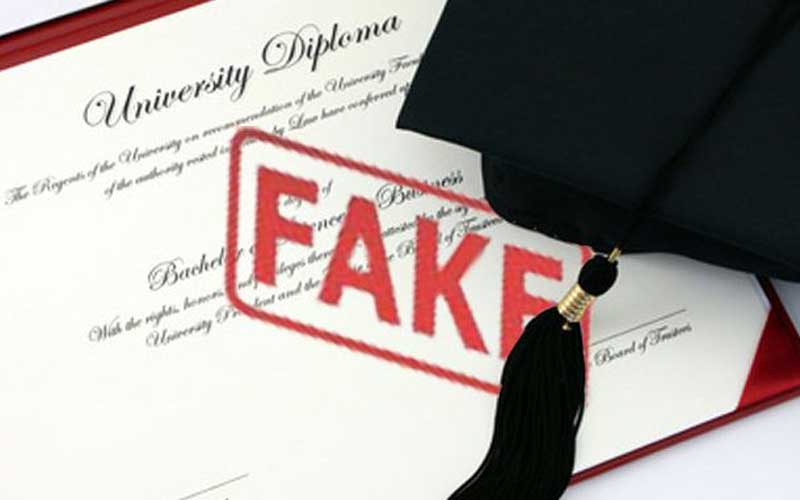×
The Standard e-Paper
Join Thousands Daily

Last week tension ran high in Kenyan universities when print media carried headlines on ‘useless degrees’, predicting how more than 10,000 students enrolled in the said ‘useless’ programmes risked forfeiture of their places. In the mumbo jumbo of accusations and counter accusations, no one interrogated the source of the term ‘useless degrees’.